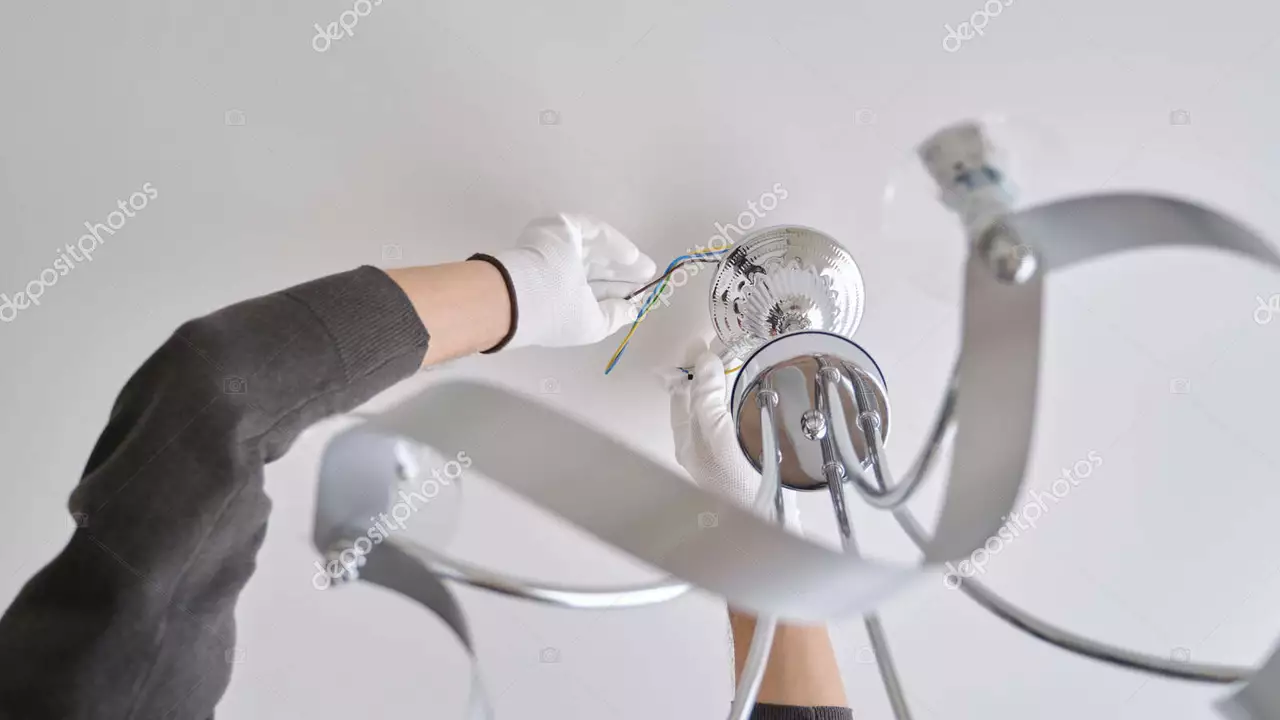Understanding the Basics of Electrical Short Circuits
Before we dive into how to tell if a light fixture has a short, it's crucial to understand what an electrical short circuit is. Simply put, a short circuit is an electrical circuit that allows a current to travel along an unintended path, often where essentially no or a very low electrical impedance is encountered. This can lead to excessive amounts of current flowing into the circuit, which can cause a host of problems, including damaging your light fixtures and causing electrical fires.
Recognizing Common Symptoms of a Short Circuit
If you suspect you may have a short in your light fixture, there are a few common symptoms to look out for. These include flickering or dimming lights, frequent blown fuses or tripped circuit breakers, and a burning smell often described as acrid or with a hint of ozone. You might also notice a spark or hear a popping sound when turning the light on or off. Sometimes, you may even see visible damage on the fixture, such as melted wires or blackened areas.
Conducting a Visual Inspection
The first step in diagnosing a short circuit in a light fixture is to conduct a visual inspection. Always make sure the power is switched off before you start examining the fixture. Look for signs of damage such as burnt spots, melted insulation, or exposed wires. Also, check the light bulb; a faulty bulb can sometimes cause symptoms that seem like a short circuit. If you spot any of these signs, it's highly likely you have a short circuit on your hands.
Using a Multimeter to Detect a Short Circuit
After visual inspection, if you're still unsure whether your light fixture has a short, you can use a multimeter to diagnose the problem. This is a handy tool that measures electrical properties like voltage, current, and resistance. By checking for continuity, or the unbroken electrical path in your fixture, you can ascertain if a short circuit exists. Remember, a low resistance reading indicates a short circuit. Using a multimeter might seem daunting, but it's rather straightforward with a bit of practice.
Understanding the Role of Circuit Breakers and Fuses
Circuit breakers and fuses are essential components in your home's electrical system. They are designed to protect your home from overloads and short circuits. If a light fixture has a short circuit, it will often cause the circuit breaker to trip or the fuse to blow. Therefore, if you've been constantly replacing fuses or resetting circuit breakers, there's a high chance you're dealing with a short circuit in one of your light fixtures.
When to Call a Professional Electrician
While basic troubleshooting can be performed by most homeowners, it's important to know when to call a professional. If you have identified a short circuit in your light fixture, it's best to call a licensed electrician to repair it. Working with electricity can be dangerous, and if not handled correctly, it can lead to serious injuries or even a house fire. An experienced electrician can safely repair the short circuit and ensure your light fixture is safe to use again.
Preventing Short Circuits in Light Fixtures
Prevention is always better than cure. There are several ways to prevent short circuits in your light fixtures. These include using bulbs with the correct wattage, not overloading your electrical circuits, and regularly inspecting your light fixtures for any signs of damage or wear and tear. Also, ensure that your home's wiring is up to date and in good condition. Old, worn-out wiring can often cause short circuits.
Understanding the Dangers of Short Circuits
Finally, it's important to understand the dangers of short circuits. As mentioned earlier, short circuits can cause excessive current to flow through the circuit, which can lead to electrical fires. They can also cause severe damage to your light fixtures and other electrical appliances. Therefore, if you suspect a short circuit, it's crucial to address the issue promptly to prevent any potential hazards.

